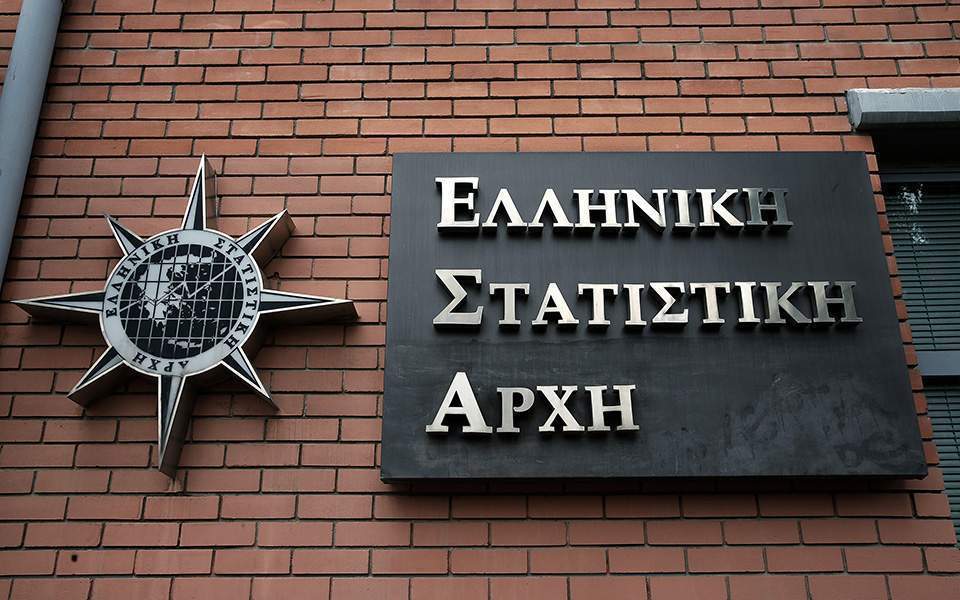The Georgiou case is still ongoing

For the past 10 years, the case of the former head of the Hellenic Statistical Authority (ELSTAT), Andreas Georgiou, has been testing the Greek judicial system. When the debt crisis erupted, eurozone countries demanded accurate statistics as a condition for providing financial assistance to Greece. Georgiou was hired from the International Monetary Fund, where he was a staff member, and appointed head of the newly independent ELSTAT in August 2010. The methodology and data he compiled were fully validated by Eurostat, the statistical office of the European Union, and used as the basis for the design and monitoring of successive adjustment programs. They continue to be used today.
Georgiou was tried three times on charges of allegedly “inflating” the 2009 fiscal deficit, thus justifying externally imposed austerity and forcing Greece to take unnecessarily harsh adjustment measures. The 2009 deficit calculated by Georgiou (15% of gross domestic product) coincides exactly with the net amount that Greece borrowed from capital markets that year. His detractors have failed to explain what the proceeds of these loans were used for, if not to finance the corresponding fiscal deficit. The Court of Appeals dismissed the charges three times, but the first two exculpatory decisions were overturned by the Supreme Court in 2016-17, resulting in Georgiou facing the threat of life imprisonment for the “enormous damage” he caused to the Greek state.
Despite overwhelming evidence that Georgiou correctly applied the European Statistics Code of Practice at ELSTAT, and despite strong international support for his case, the judicial investigation continued. In a separate – but inextricably linked – case, Georgiou was found guilty of breach of duty for not seeking the approval of the ELSTAT Board (which was subsequently abolished) before notifying Eurostat of the revised fiscal data. Notwithstanding the court decision, it should be noted that according to EU rules, decisions relating to statistics are not the subject of a vote but are expressly the sole responsibility of the head of the statistical office (Principle 1.4 in the European Statistics Code of Practice).
Recently, the Court of Appeals ruled that Georgiou “insulted” the former director of the National Accounts Division of the statistical office, in his attempt to defend the corrected 2009 deficit figures as required by EU statistics regulations (Principle 1.7 in the European Statistics CoP). “Slander” in the Greek civil code means that the defendant’s statement may be true but it offends the personality of the plaintiff. It is certain that the “old guard” at ELSTAT was disturbed by Georgiou’s technocratic, non-partisan approach. In their efforts to pursue slander charges against Georgiou they were supported by various political interests who used this case as a proxy for the case of the supposedly “inflated” 2009 deficit. Thus, Georgiou has remained in an ongoing judicial ordeal for 10 years, and although it is he who restored the credibility of Greek statistics, he is ultimately not only persecuted but also accountable for paying compensation for slander! What can the political system say about this? What incentive does it provide to Greek experts with experience from abroad to come and serve in Greece? Some observers compare the Georgiou case to the Dreyfus affair in France. As Paschos Mandravelis writes: “Every Dreyfus case damages democracy. All the more so when the Dreyfuses, like the former president of ELSTAT Andreas Georgiou, do not have the means of politicians to be able to effectively defend their name.” (Kathimerini, 13/1/21)
Georgiou was a convenient scapegoat to blame for the inevitable austerity imposed by creditors after years of wasteful fiscal spending. His conviction was equated with the “vindication” of those responsible for the fiscal policy that led to the crisis. When the radical-left SYRIZA government came to power in 2015, the conviction of Georgiou and his associates at ELSTAT became a key element of the government’s efforts to obtain debt relief and ease austerity measures. Georgiou’s prosecution has done enormous damage to Greece’s image abroad and has called into question the country’s ability to understand that the huge fiscal imbalance was real, not a conspiracy to impose austerity. It is time for the current reformist government to state publicly that it thanks Georgiou for restoring the credibility of Greek statistics and apologizes for the persecution he has suffered.
Miranda Xafa is a member of the academic board of the Center for Liberal Studies (KEFiM) and author of the book “Public Debt” in the series Brief Introductions, Papadopoulos editions (in Greek).





